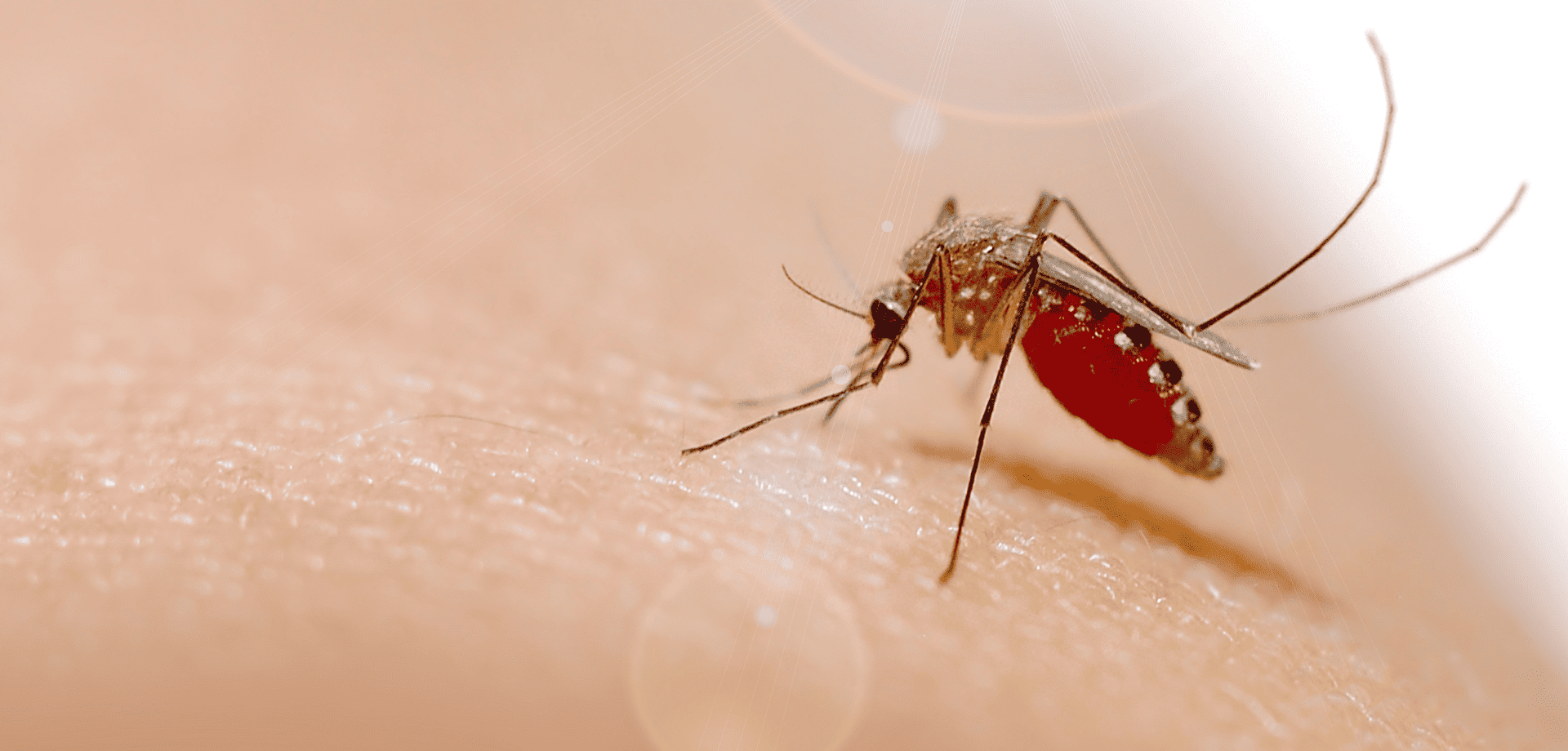Tag: Central America
Oropouche Virus Disease: A growing concern in Central and South America.
As of mid-2024, Central and South America are experiencing a significant outbreak of Oropouche virus disease, impacting countries such as Brazil, Bolivia, Colombia, Peru, and Cuba.
The Oropouche virus is primarily transmitted through the bites of infected midges (Culicoides paraensis) and mosquitoes. The virus is mainly spread in tropical and subtropical regions where these vectors are prevalent.
Symptoms of Oropouche virus disease include:
- sudden-onset fever,
- severe headaches,
- muscle and joint pain,
- rash,
- eye pain,
- nausea,
- and dizziness.
While most cases are mild and self-limiting, lasting 3 to 7 days, some individuals may experience more severe symptoms like meningitis and encephalitis.
There is no specific antiviral treatment or vaccine for the disease, so care focuses on symptom relief, such as rest, hydration, and pain management.
How to protect yourself from Oropouche virus
Preventing Oropouche virus disease involves reducing exposure to vector bites. Unlike mosquitoes, the main vector (midges) lacks a proboscis, and so is unable to bite through clothing.
Covering up, and wearing long-sleeved clothing, is therefore a keyway of preventing infective bites.
Other key measures include using plenty of insect repellent, impregnating clothing with Permethrin insecticide, using bed nets, and staying indoors during peak biting times.
Eliminating standing water where vectors breed is an important public health measure.
Prevention is key!
With no vaccine available, prevention remains the best defence against Oropouche virus disease.
Personal protective measures against insect bites also help protect against dengue, yellow fever, Zika, chikungunya, malaria, and a wide range of other tropical insect-borne infections, and should be followed carefully by travellers to tropical countries.
Cases found in Europe
Spain, Italy and Germany reported infections in numerous patients who had recently travelled to Cuba and Brazil.
The European Centre for Disease Prevention and Control (ECDC) warned of a moderate threat to travellers visiting Brazil, Bolivia, Colombia, Peru and Cuba, where Oropouche virus (Orov) is currently spreading.
If you’ve recently travelled to a known outbreak area and are experiencing any of the symptoms mentioned above, it is important to mention this to your doctor. This will help them rule out an Oropouche virus infection.
Worried about your upcoming travel plans?
Schedule a travel consultation with one of our specialist travel nurses.
They will guide you through potential health risks and recommend the necessary preventive measures and vaccinations to ensure your safety while travelling.
For more information on:
The Blue Hole in Belize is famous for being a natural wonder with a unique diving experience. It’s world-class diving rates as one of the top 5 diving sites in the world. Belize is a great travel destination for the adventure traveller.
Avoid getting that sinking feeling by following our top 5 tips for staying healthy…
1 – Vaccinations are important.
Ensure you are up-to-date with your travel vaccinations including diphtheria, tetanus and polio and Hepatitis A. Speak to a travel nurse before you travel to ensure you are protected for your trip, especially if you have multiple destinations planned.
2 – Pack a small first aid kit.
A small first aid kit packed with travel essentials will cover you for minor injuries. Forceps or tweezers are useful for removing foreign bodies, such as sea urchin spines, and antiseptic wash or cream can be used to treat any coral cuts or abrasions. We stock a perfect essential first aid kit on our online shop.
3 – Be sun-safe to avoid sunburn.
Be conscious of how much sun exposure you get. The Caribbean sun can be strong with an increased risk of sunburn if you’re not careful. Wear sunscreen in between your dives with a protection level of at least SPF50 and spend time in the shade, especially in the midday sun between 11am and 3pm. Cover up with clothes, a hat and sunglasses to protect your skin, scalp and eyes.
4- Keep hydrated.
Although you are surrounded by water, diving and the sun exposure can cause dehydration. Ensure you drink plenty of fluids to prevent it. It is best to avoid drinking tap water directly, unless using a water bottle with a filter or chlorine dioxide tablets, both of which will make the tap water safe to drink. Another alternative is to buy bottled water with a seal although, those trying to reduce their plastic footprint should opt for the former options.
5 – Avoid sea sickness.
The journey from the mainland to the blue-hole can take up to 3 hours and is often crossing bumpy seas. If you are prone to travel sickness you may want to ensure you pack some medication to prevent this so not to interrupt your experience.
Book your travel appointment today
By Anna Chapman | Travel Nurse | February 2019





